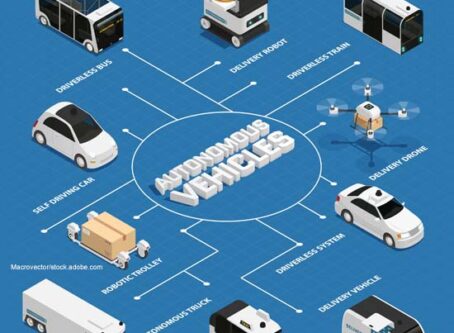Stakeholders warn EPA of unintended consequences of Cleaner Trucks Initiative
The Owner-Operator Independent Drivers Association went to bat for small-business trucking companies during a Cleaner Trucks Initiative public hearing regarding a proposed rule for stricter emission standards on trucks.
More than 100 speakers representing a variety of organizations submitted comments on April 12 either in support for or opposed to the U.S. Environmental Protection Agency’s Cleaner Trucks Initiative. In March, the EPA published a proposed rule that would set new, more stringent standards to reduce pollution from heavy-duty vehicles and engines starting in model year 2027 vehicles.
EPA is proposing two options to address air pollution from heavy-duty vehicles. Option 1 would reduce nitrogen oxide emissions from heavy-duty vehicles in 2040 by more than 50%. By 2045, a year by which most of the regulated fleet would have turned over, heavy-duty nitrogen oxide emissions would be more than 60% lower than they would have been without this action.
Option 2 is less stringent. It would reduce heavy-duty nitrogen oxide emissions in 2045 by 47%.
OOIDA Executive Vice President Lewie Pugh told the EPA that the Cleaner Trucks Initiative should avoid previous mistakes be ensuring any new technologies are affordable and reliable.
Specifically, Pugh pointed the EPA to costly issues many truckers faced with the diesel particulate filter systems that were necessary to meet the last significant change to emission standards.
“My 2012 truck with all the latest EPA compliant technology was in the shop for repairs more than the other four trucks I owned prior to this one combined,” Pugh said in his testimony. “In a period of 250,000 miles, or two and a half years, I had to have the entire DPF system completely replaced at a cost of $6,000 each time.”
Pugh also talked about the safety issues that arise from new technologies that are implemented too soon. He said his truck would go into “limp mode” at 25 mph, forcing him to pull over. However, trucks cannot park just anywhere, posing a serious safety risk to other motorists.
However, Pugh did acknowledge that the EPA has been listening to comments submitted by truckers regarding how the agency can address these issues with the Cleaner Trucks Initiative.
“I do want to commend the agency for listening to those comments and including provisions in the proposal regarding serviceability, inducement, and self-diagnostic tools that will help drivers better assess their emissions equipment,” Pugh said. “We also welcome improvements to vehicle warranties and believe all of these provisions must be included in any final rulemaking.”
OOIDA Board Member Danny Schnautz also expressed concerns about the Cleaner Trucks Initiative during the public hearing.
A longtime driver, Schnautz addressed numerous issues truckers face due to “overambitious emission standards,” including costs, more time away from family, supply chain gridlock, safety, and even unintended consequences to the environment.
“The prior diesel emissions pushes have had a high cost to society and were not successful on a cost/benefit measure,” Schnautz said. “We need for the government to listen to industry on what is technologically possible and available and stop building unreliable vehicles that will be used to carry America’s goods.”
Hundreds of people spoke during the three-day Cleaner Trucks Initiative public hearing. The first day was saturated with people speaking on behalf of Moms Clean Air Force, Sierra Club and other environmental groups. While some groups like OOIDA and the Truck and Engine Manufacturers Association believe Option 2 may be going too far too fast, most supporters testifying said that Option 1 does not go fast or far enough.
Other organizations who cautioned the EPA of unintended consequences of the proposed options include the National Waste and Recycling Association, ClearFlame Engine Technologies, Diesel Technology Forum, and the International Union, United Automobile, Aerospace and Agricultural Implement Workers of America (UAW).
The advanced notice of proposed rulemaking was filed in January 2020. The comment period for the latest proposed Cleaner Trucks Initiative rule is set to end on May 13. EPA is expected to review the comments and publish a final rule at a date yet to be determined.
For comment guide provided by OOIDA, click here. LL









